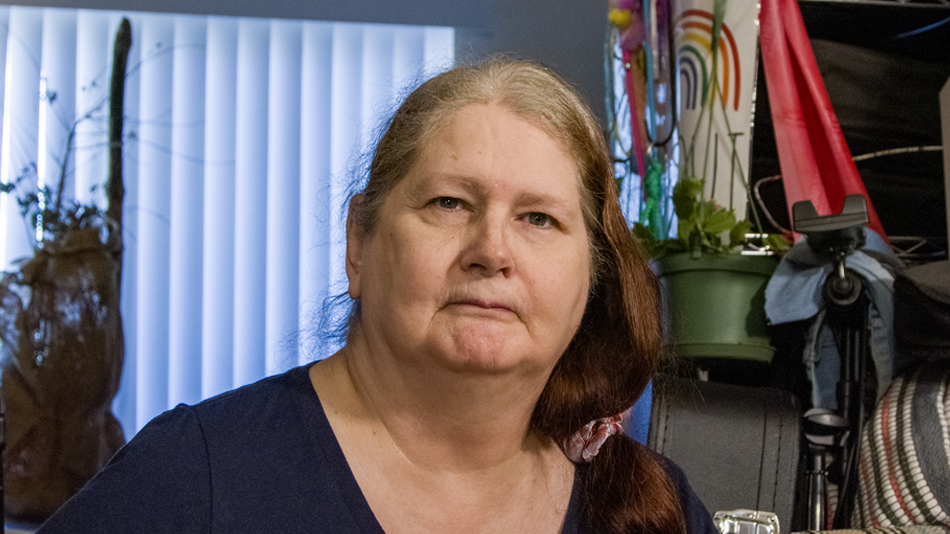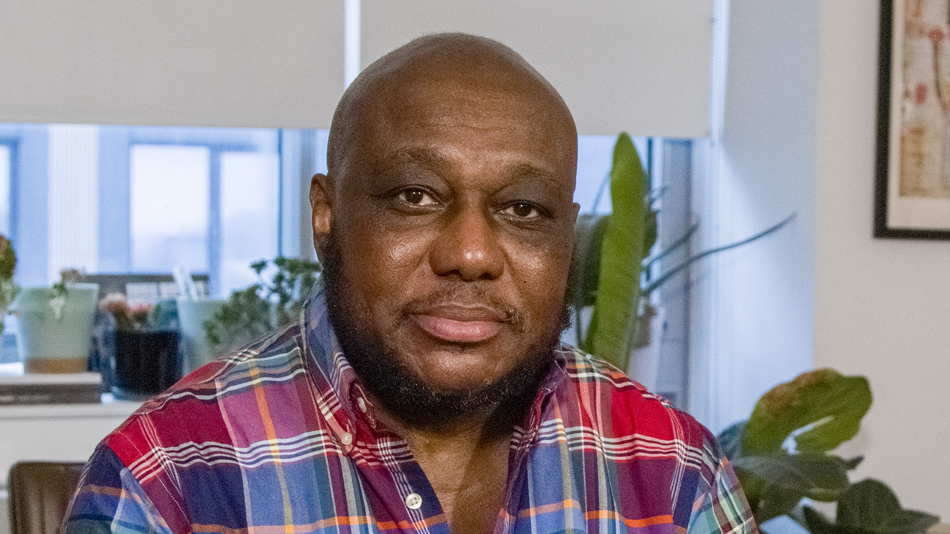
“When did you realize you were a man?”
I’m disappointed when he asks me this at the bar because it betrays his unknowing. It seems like every time I open up to someone, I inevitably end up feeling like an alien. I chastise myself for getting my hopes up, but at least he isn’t like all the dudes whose ignorant and invasive inquiries I pointedly redirect – “Well, what is your penis like?” and “Why are you attracted to women?” and “When did you realize you were a man?”
He glances down nervously at his beer as though he senses that he said something wrong. He is genuine, I can see; he wants to try to grasp an experience beyond his understanding. Usually distrustful of cisgender men, I surprise myself and decide to indulge his earnestness. I search my memory for the answer to his question.
I remember almost everyone calling me “she” until I was twenty-three years old. I remember turning every object I found into a gun as a toddler. I remember in fourth grade I’d go into the bathroom, pull my ponytail behind my head, and reflect on how cute I’d be as a boy. I remember honing in on the other tomboys at Girl Scout camp as though I had some kind of magic “butch radar.” I remember dissociating from my body so thoroughly that I don’t remember the physiological impact of puberty but only the social implications of it: I was no longer allowed on boys’ sports teams, and I was expected to develop crushes on my male friends.
I’ve told doctors these stories for years, perched on wax paper in their sterilized examination rooms. I consider using these memories to satisfy the curiosity of my (maybe) new friend, now – but my gut tells me not to cut corners. For the sake of breaking the awkward silence, I repeat it aloud: “When did I know I was male? Hmm.”
I remember spending two years virtually estranged from my biological family after I embraced my gender non-conformity. I remember redefining what “family” means and looks like, spending Thanksgiving at the home where my then-lover was raised. I remember wonderful people who forced me outside of my self-protective, cynical emotional fortress, including colleagues and students at the middle school where I transitioned from “Ms” to “Mr” and my biological family that transformed in a truly remarkable manner.
My new friend peels the label off his bottle and shreds it on the counter in front of him. I am too deep in thought to notice that my fingers are doing the same to mine.
I remember injecting myself with testosterone for the first time, struggling to keep my right hand still as I brought the needle closer to my left thigh. I remember waking up with drains along my ribcage and my mother’s smiling face above me after a surgeon had erased all evidence of my former chest. I remember some days when I wished I’d been designated male at birth, but many more days when I considered my trans-ness a gift.
I remember a conversation with a stranger in a café in Manhattan, the first time I truly recognized who I am as I move through the world now: a white, straight, assumed-cisgender man. I remember sitting alone in Central Park for hours afterwards, trying to locate the distinction between passing and being. I remember bearing witness to transphobia at a gay bar in Chelsea when the culprits assumed I was on their side until I stated otherwise.
Should I tell my new friend that I’ve “known” for two years or twenty-five years? Should I tell him that I am lucky, or that I am unlucky? This vulnerability makes me squirm. Maybe I’ll just say I have to leave.
Instead, I go to the bathroom. He is waiting patiently when I return. “You don’t have to answer my question if you don’t want to. I hope I didn’t offend you.” He averts his eyes. I sigh.
“No, it’s fine.” I speak carefully, prepared to abandon ship at any moment. “I can remember a lot, but I can’t really remember one ‘when.’ It’s kind of a long and complicated story.”
He nods, looks at his watch, waves to the bartender. “I have lots of time. Let’s get another round?”








Share